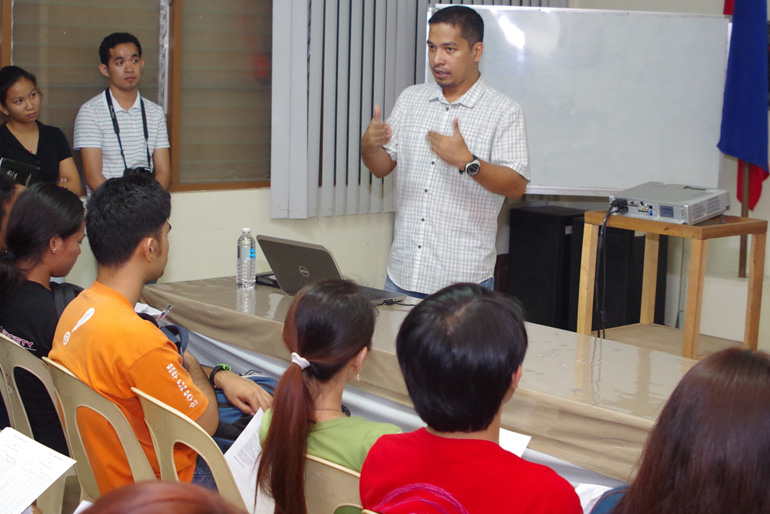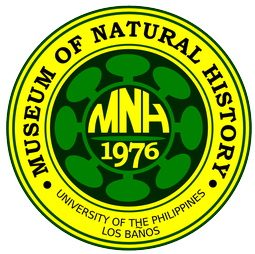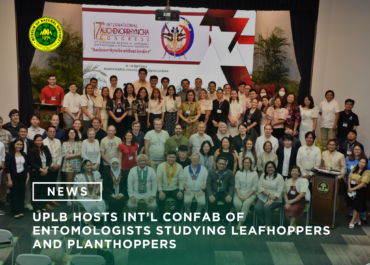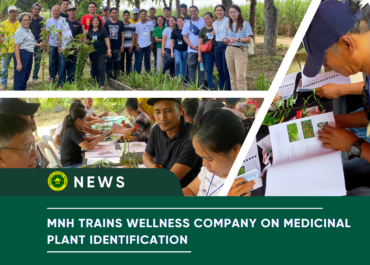
Forensic dipterology (the study and use of two-winged insects or true flies in scientific methods or investigations to solve crime) as a science and its prospects in the Philippines was the subject of the UPLB Museum of Natural History’s latest Biodiversity Seminar held 17 June 2015 at the UPLB MNH Conference Room.
Presenting to nearly 60 people during the seminar, guest speaker Socrates D. Letana from the Institute of Biology, UP Diliman also talked on natural history collections of flies and their importance in forensics.
He discussed five specific topics, namely: (1) forensic entomology in general; (2) forensic dipterology; (3) importance of studying flies; (4) its status in the Philippines; and (5) natural history collection and the court of law.
According to Letana, forensic entomology and its applications are often neglected by police given charge of investigating crimes.
“Most of our investigators do not know how to properly collect insects as evidence,” he related. Letana said that authorities, as of the moment, do not have the necessary skills and knowledge on forensic dipterology.
Letana is quick to relate that the reason why this field has gone unnoticed is that very few scientific studies on forensic entomology have been published in the Philippines. “So far, I’ve only seen four articles on forensic entomology in the Oriental region among the thousand or so that are indexed in Scopus, a popular journal article database,” he said.
“Sadly, there are no published articles from the Philippines,” he added.
But more importantly, Letana said that there is a dearth of basic knowledge of flies in the Philippines. He acknowledged in his talk that the number of people who have worked and are currently working on flies may only be a handful.
Letana however said that he and some of his students are pushing on with research in order to add to the limited information on the ecology and feeding behavior of flies. “We hope that more students will become interested in this field and conduct theses in line with forensic dipterology,” he added.
Lastly, Letana talked about the importance of natural history collections and the court of law. According to him, natural history collections are very valuable inputs to concerns such as public health and security, agriculture, habitat loss, biological invasions and global climate change.
In summary, Letana said that forensic dipterology, or forensic entomology for that matter can only be truly relevant to the proper application of law to these concerns, if there are natural history collections of insects applicable in forensics.
“But the prospects of forensic dipterology [are] bright,’ the speaker said. When asked by Ms. Leah Salvanera of Mindanao State University during the open forum on the possible career opportunities of students in this specialized field, Letana replied that the government is continually upgrading its capacity in forensic science.
Search
Archives
Categories
- Announcement (21)
- Feature (21)
- News (141)
- Press Release (55)
- Research (4)
- Services (3)



